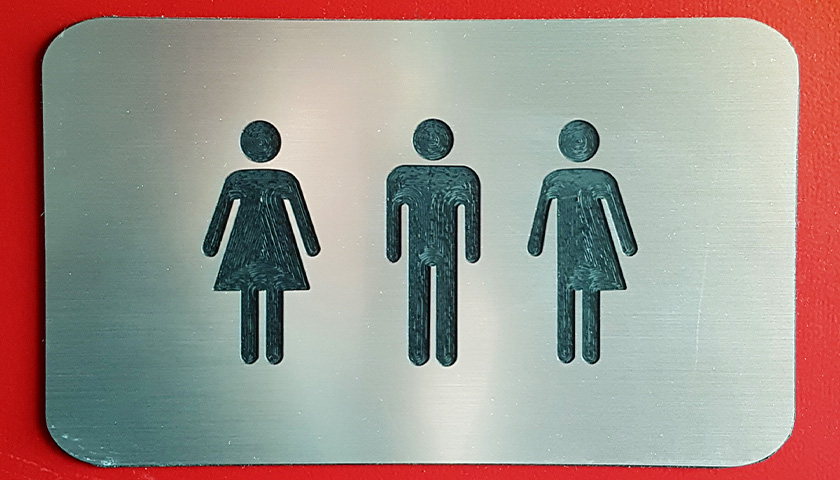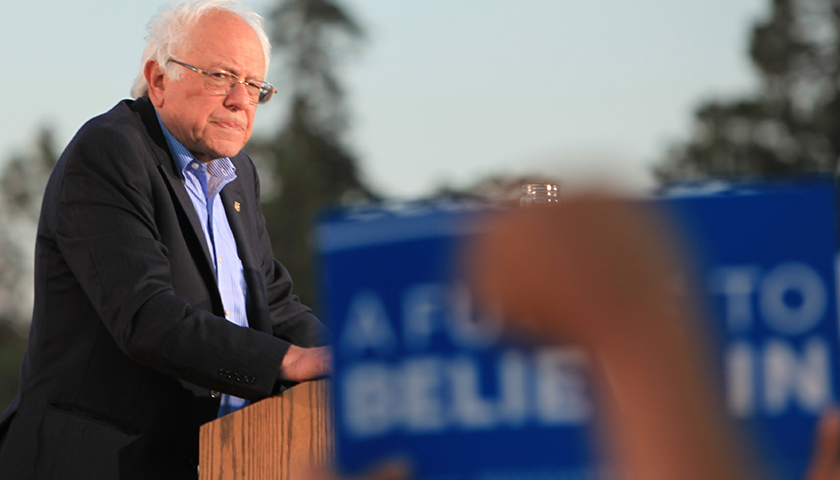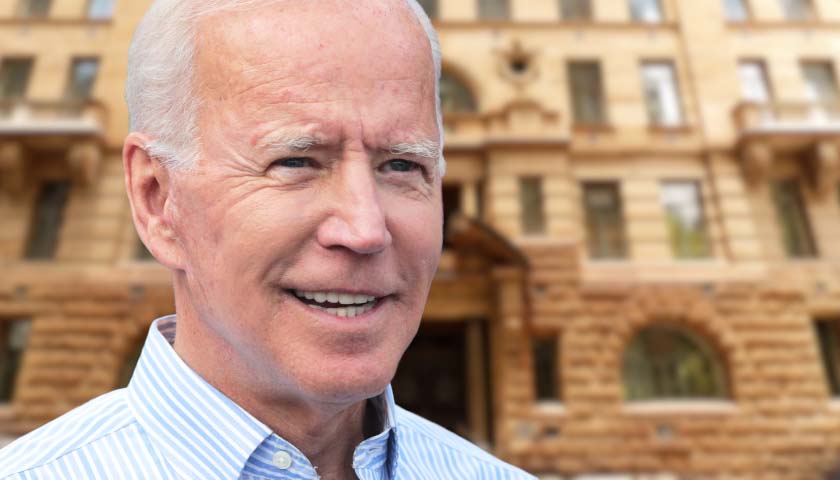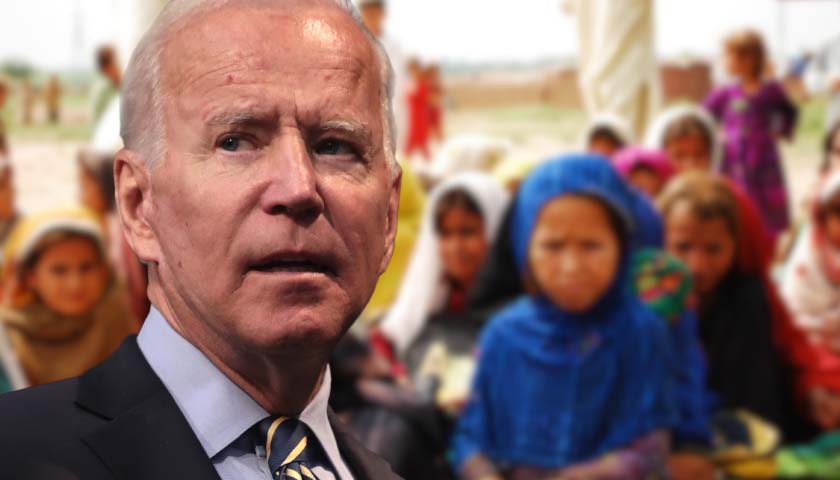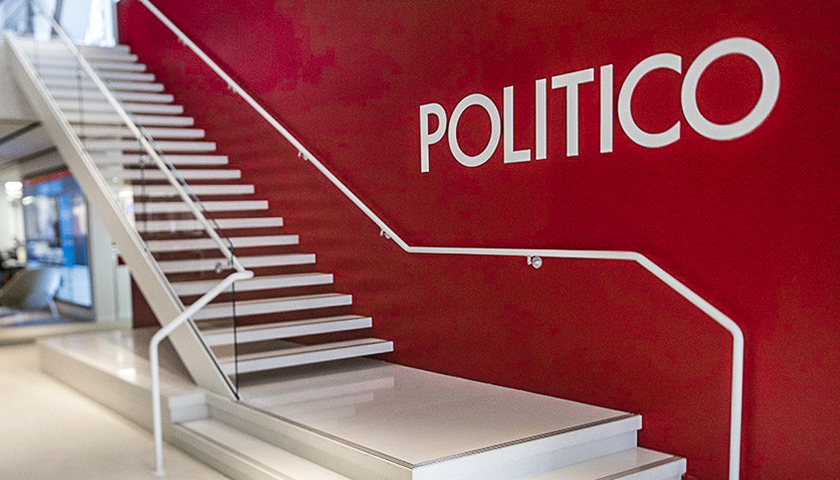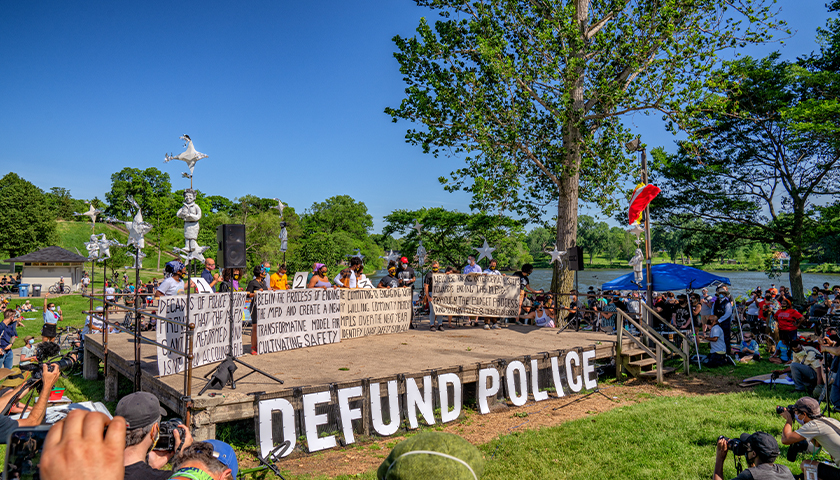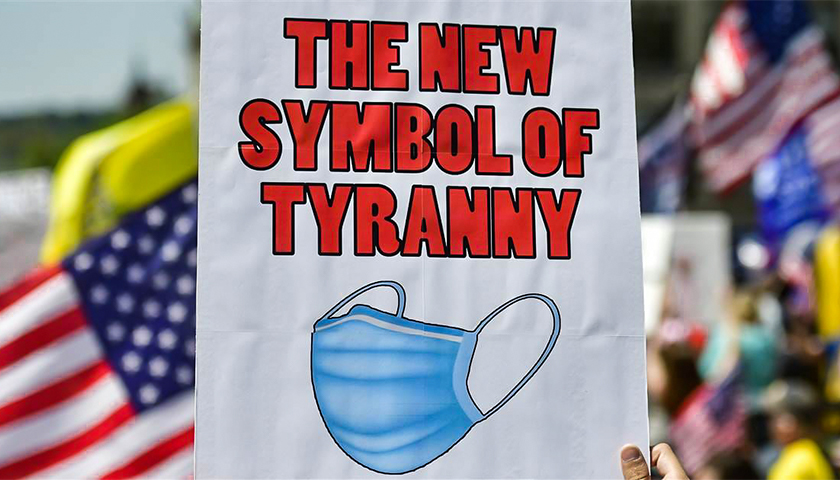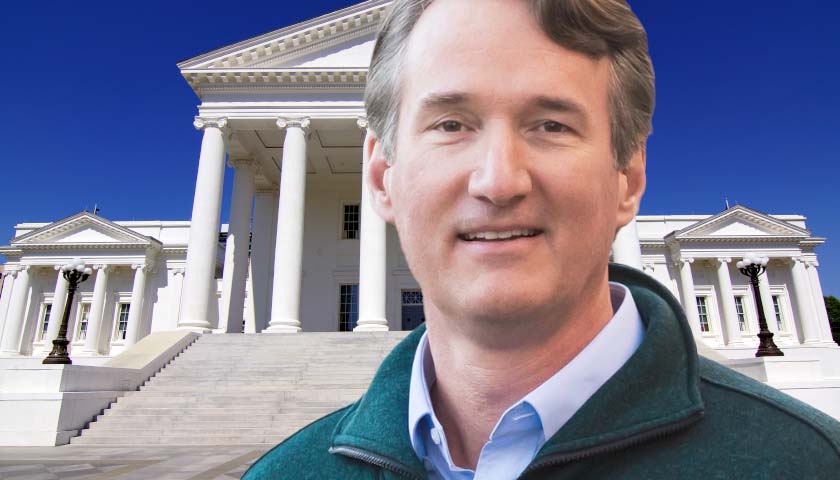Demagogues appeal to envy because they believe that promising to destroy the advantages enjoyed by others will win votes and inspire loyalty. Sometimes it does. As the envy-driven horrors of Rwanda and Nazi Germany demonstrate, pledging to disrupt the envied lives of a despised “other” can be a ticket to victory for a political candidate savvy enough to convince voters that he has their best interests at heart.
More than 25 years ago, Doug Bandow, a senior fellow at the Cato Institute, pronounced in his book The Politics of Envy: Statism as Theology that we “live in an age of envy.” Pointing out that “people don’t so much want more money for themselves as they want to take it away from those with more,” Bandow suggested that although “greed is bad enough, eating away at a person’s soul, envy is far worse because it destroys not only individuals, but also communities, poisoning relations.” A Christian libertarian, Bandow wrote that
those who are greedy may ruin their own lives, but those who are envious contaminate the larger community by letting their covetousness interfere with their relations with others.
One can satisfy greed in innocuous, even positive ways—by being brighter, working harder, seeing new opportunities, or meeting the demands of others, for instance.
Read More

